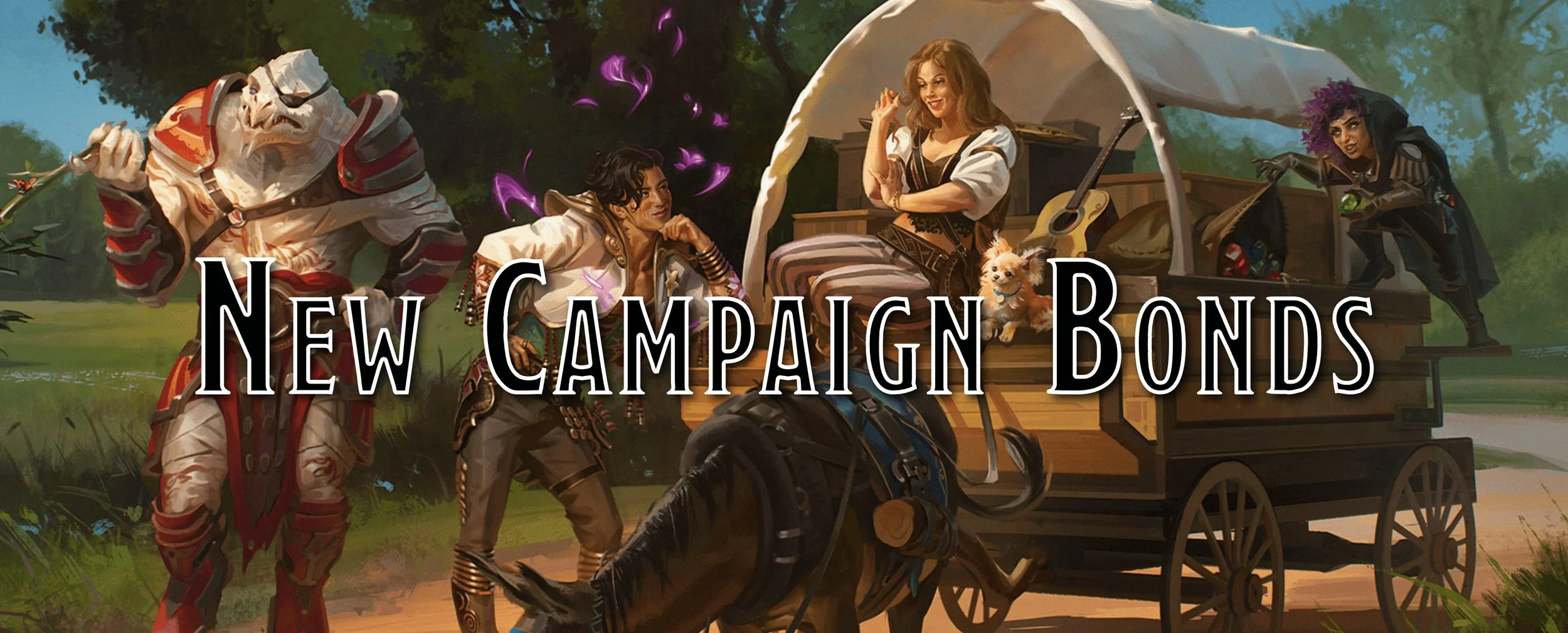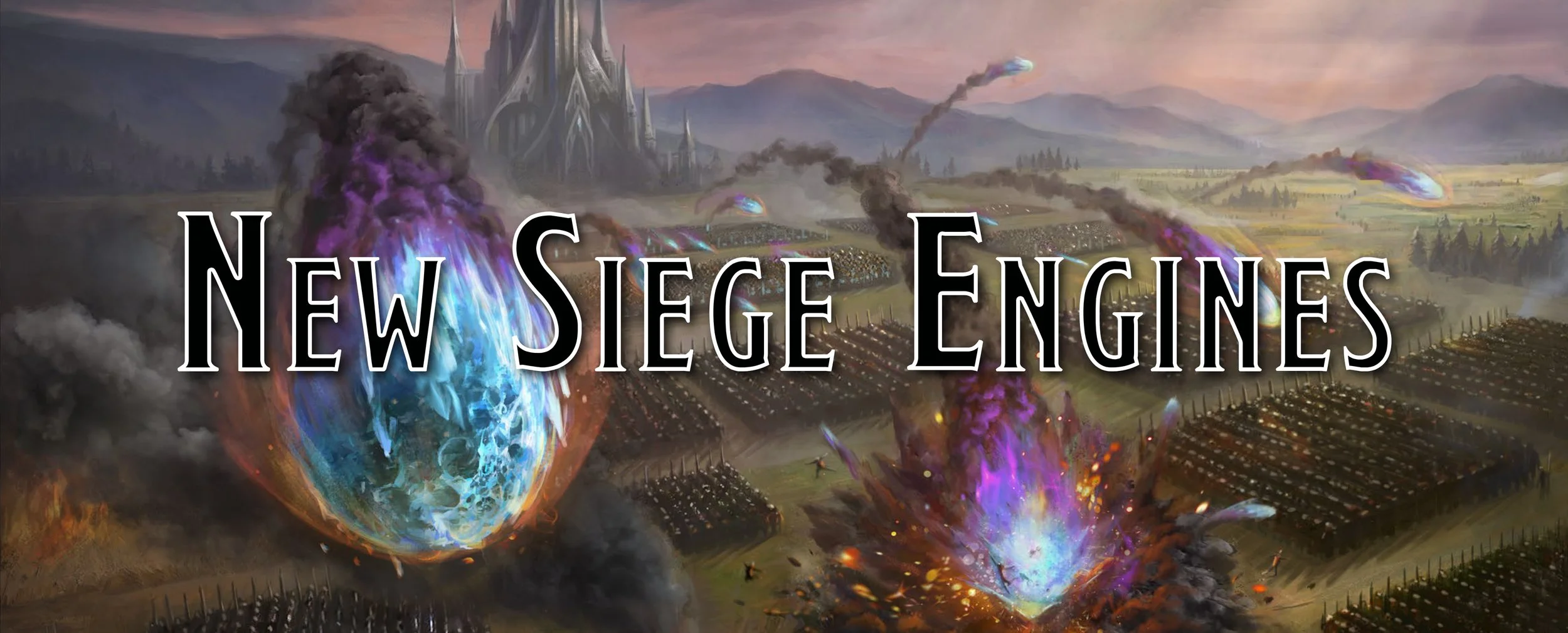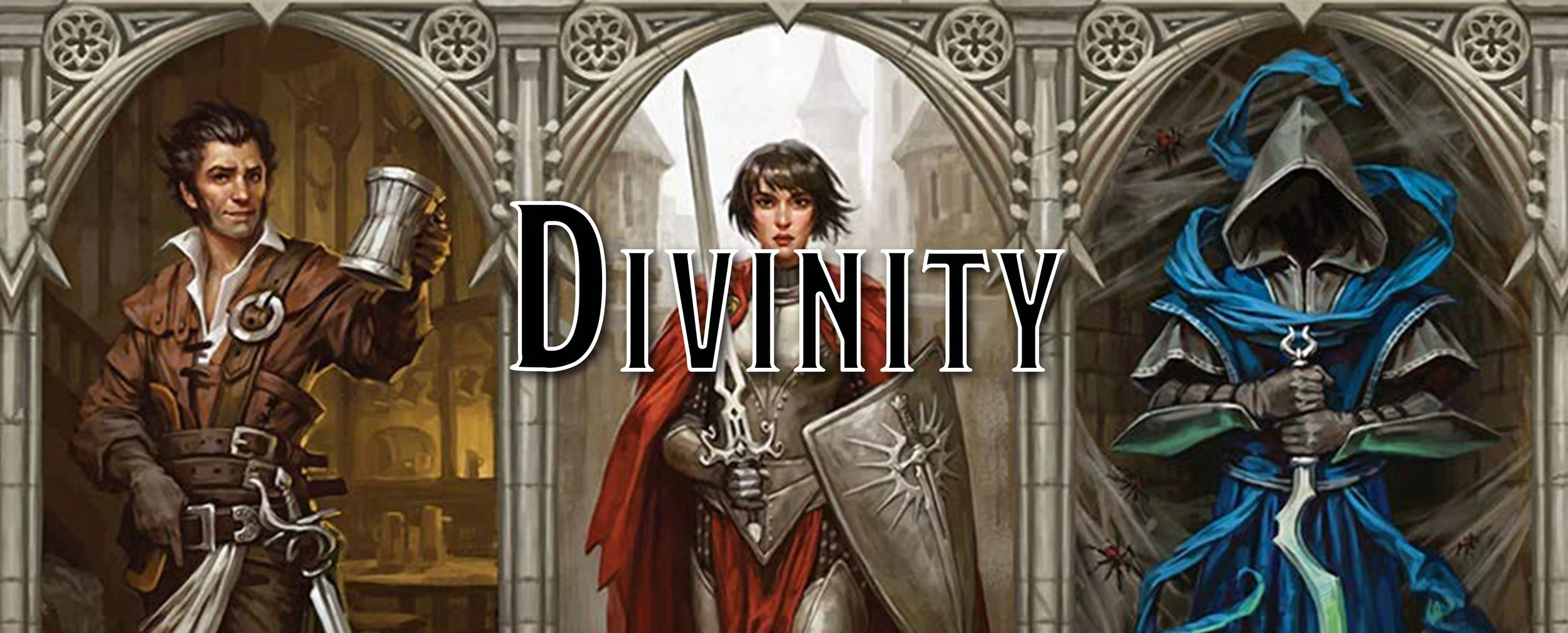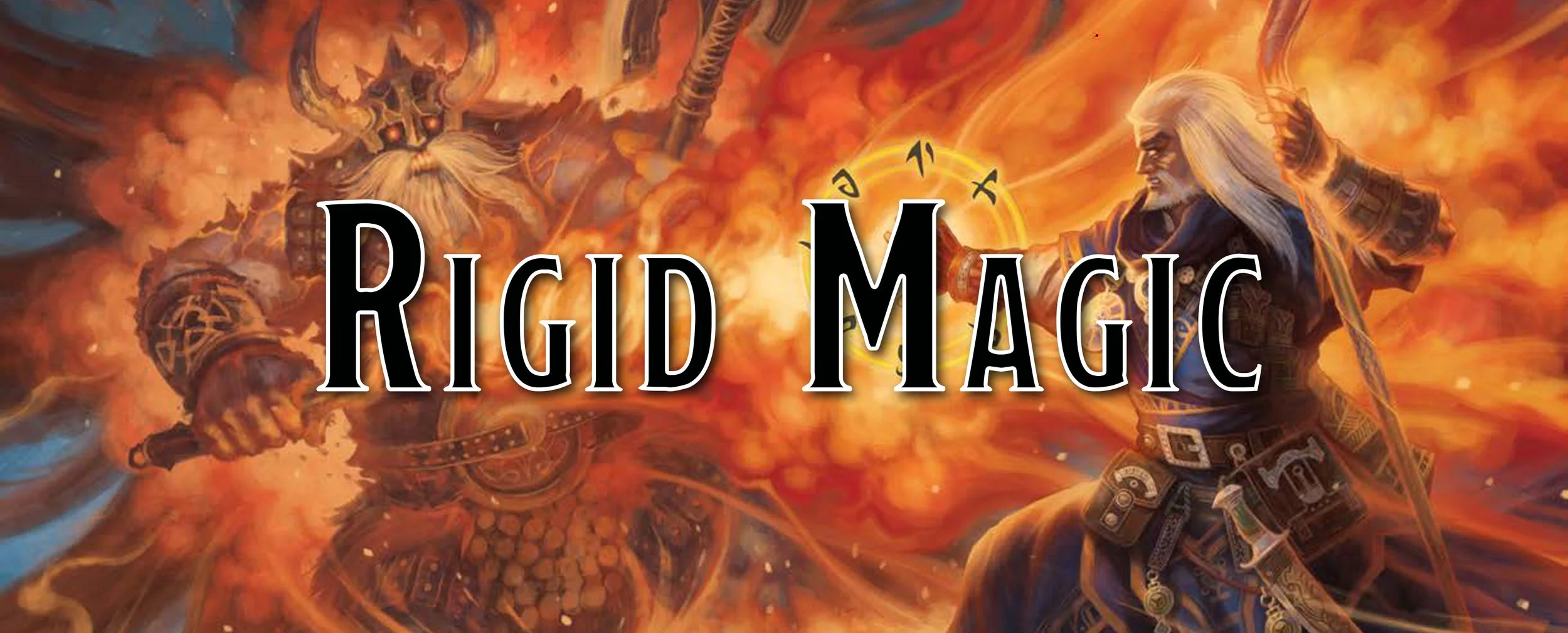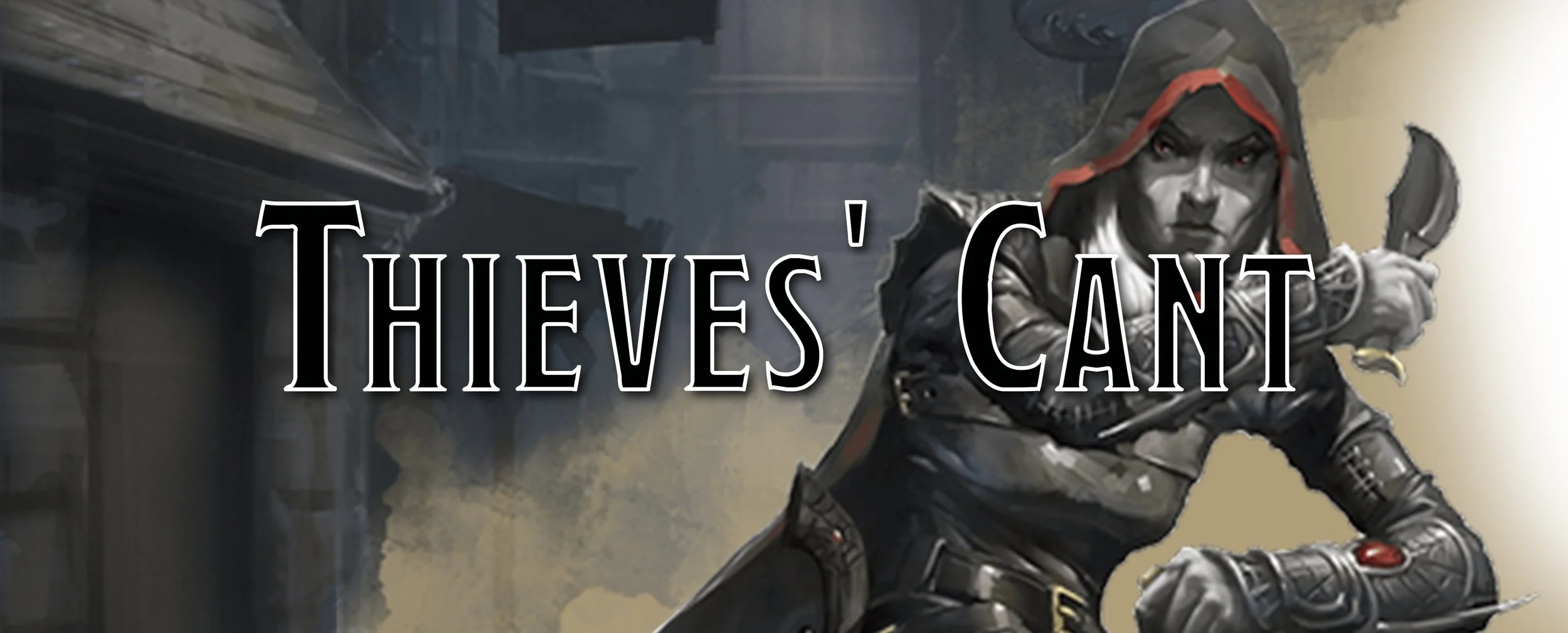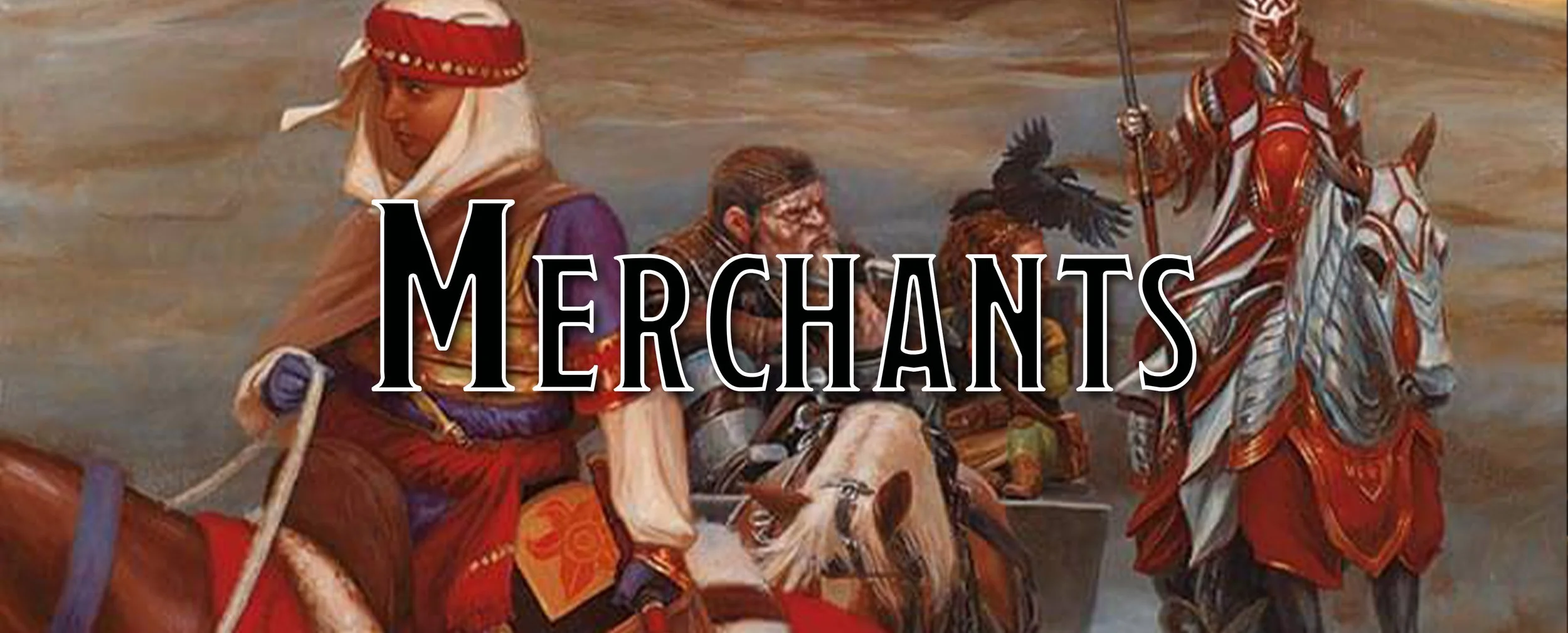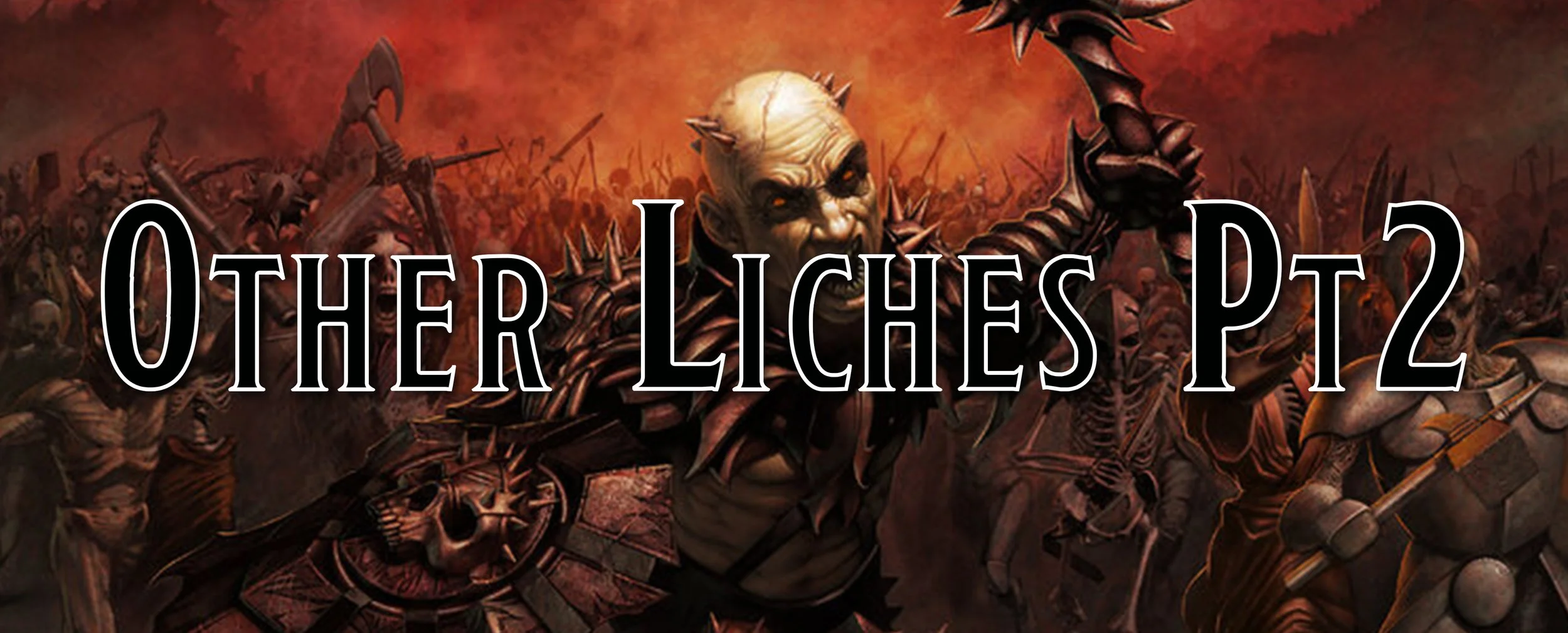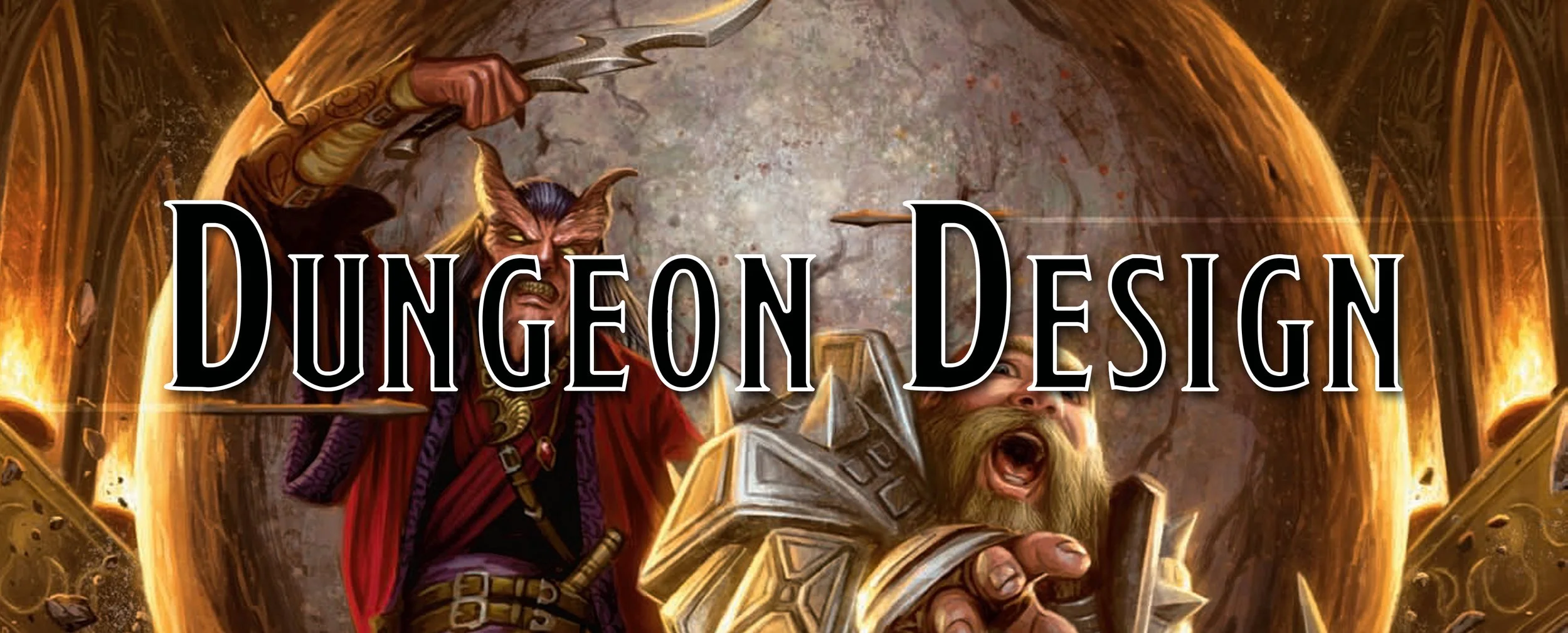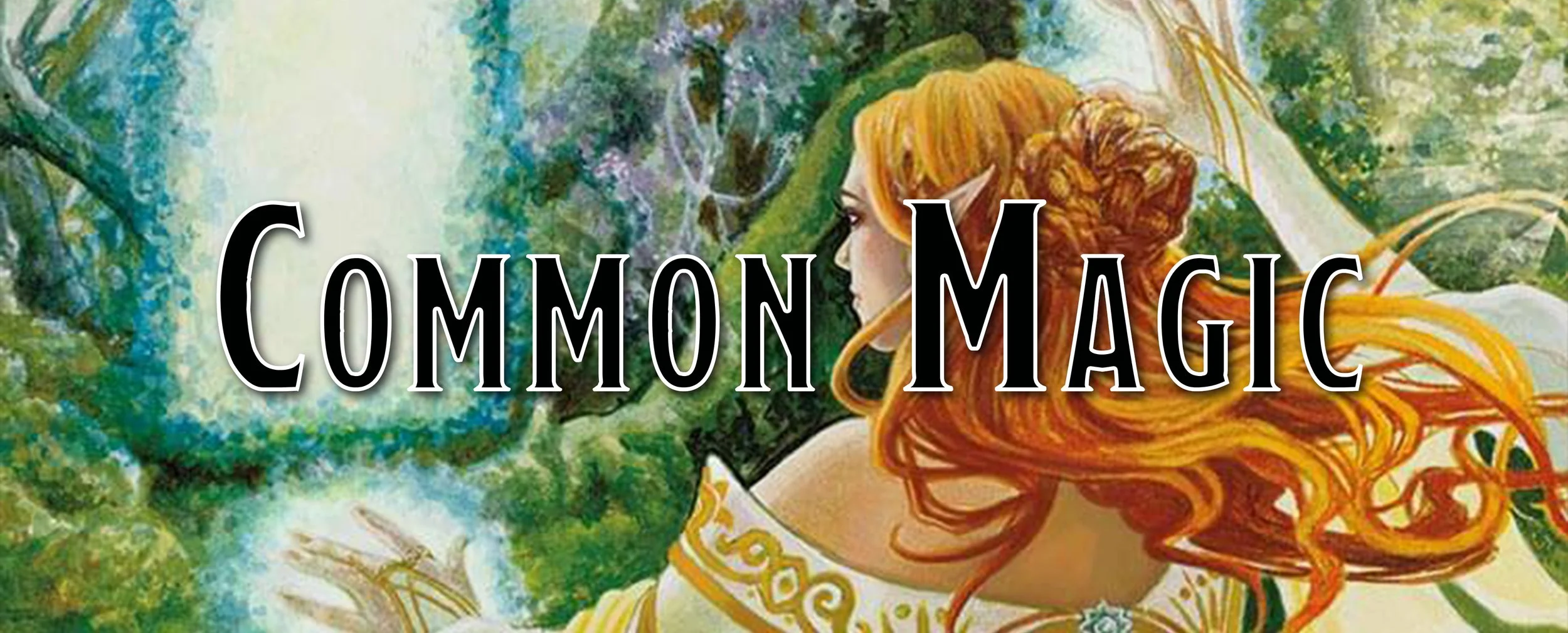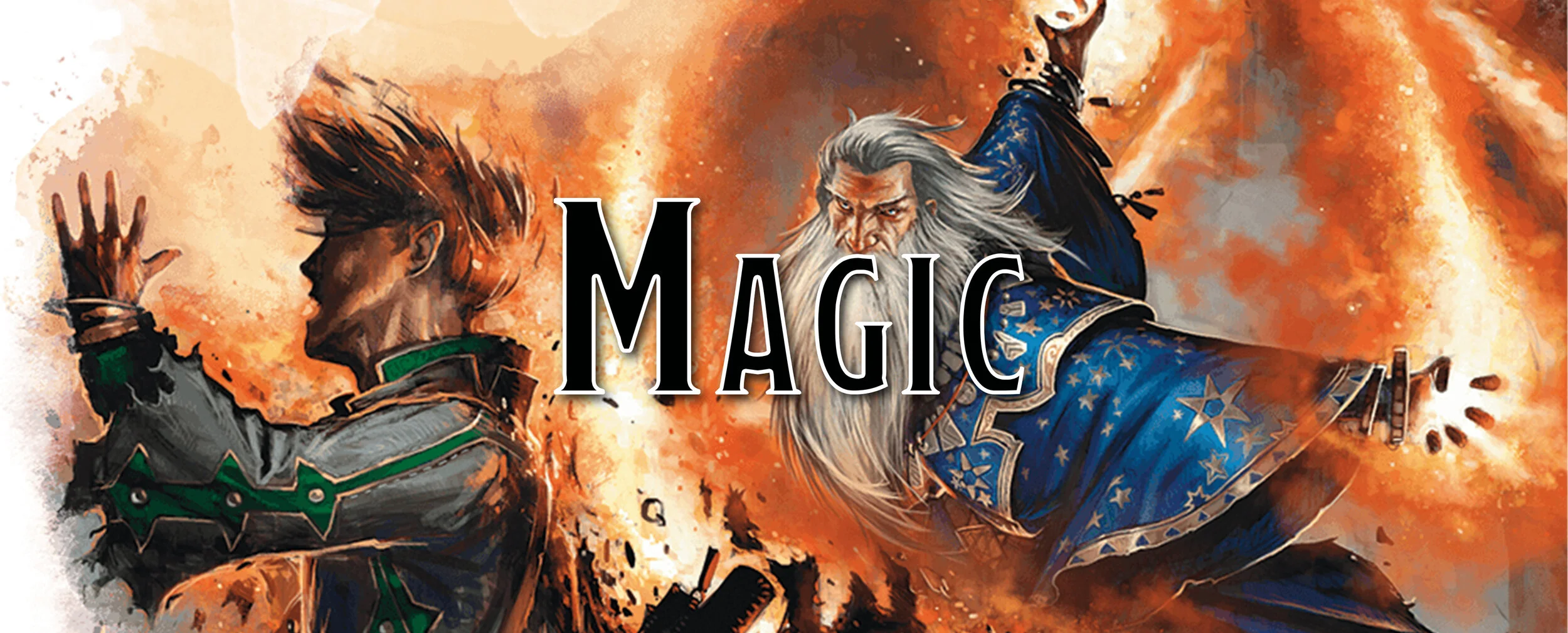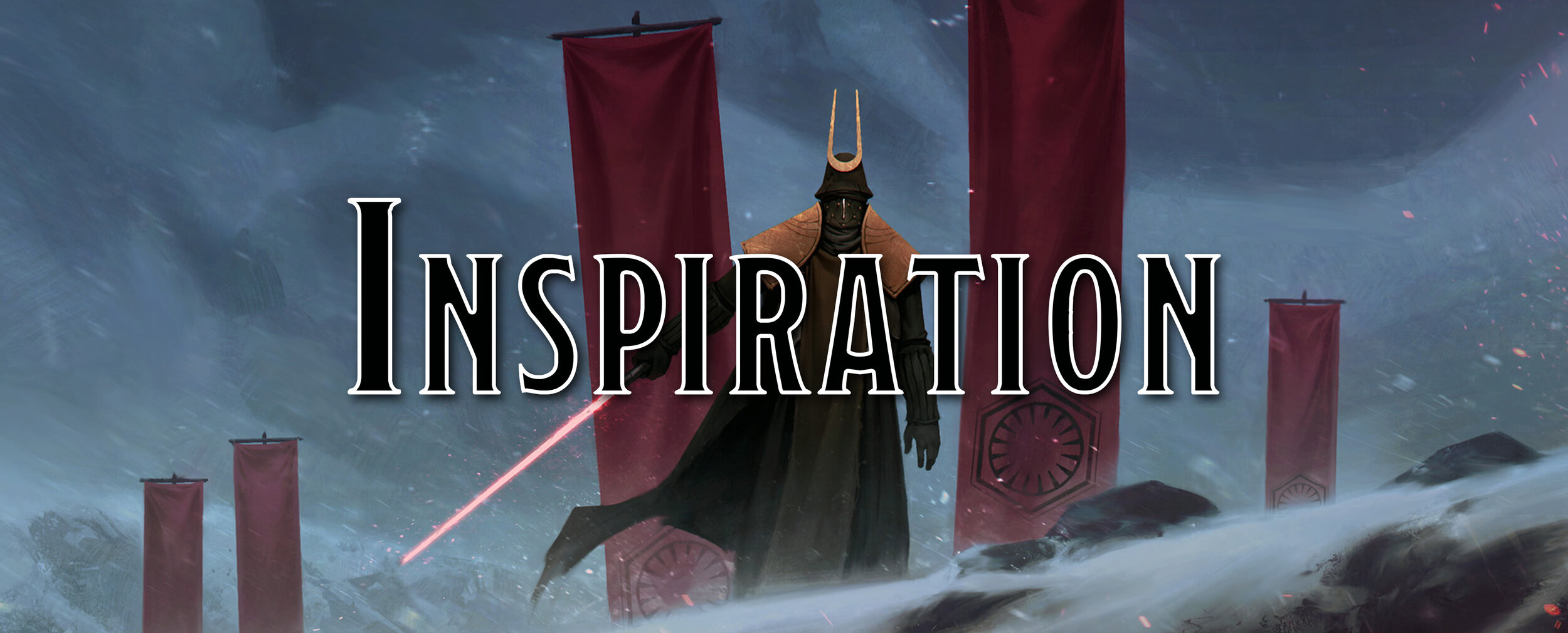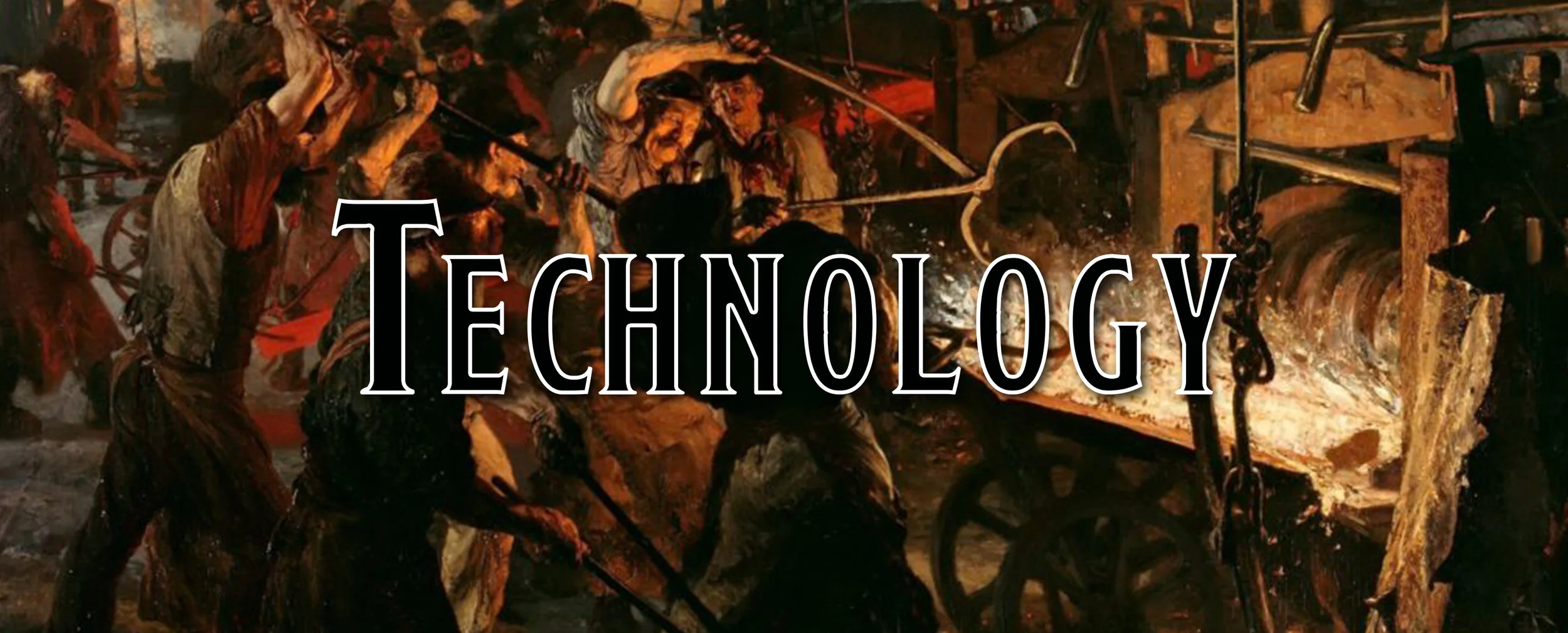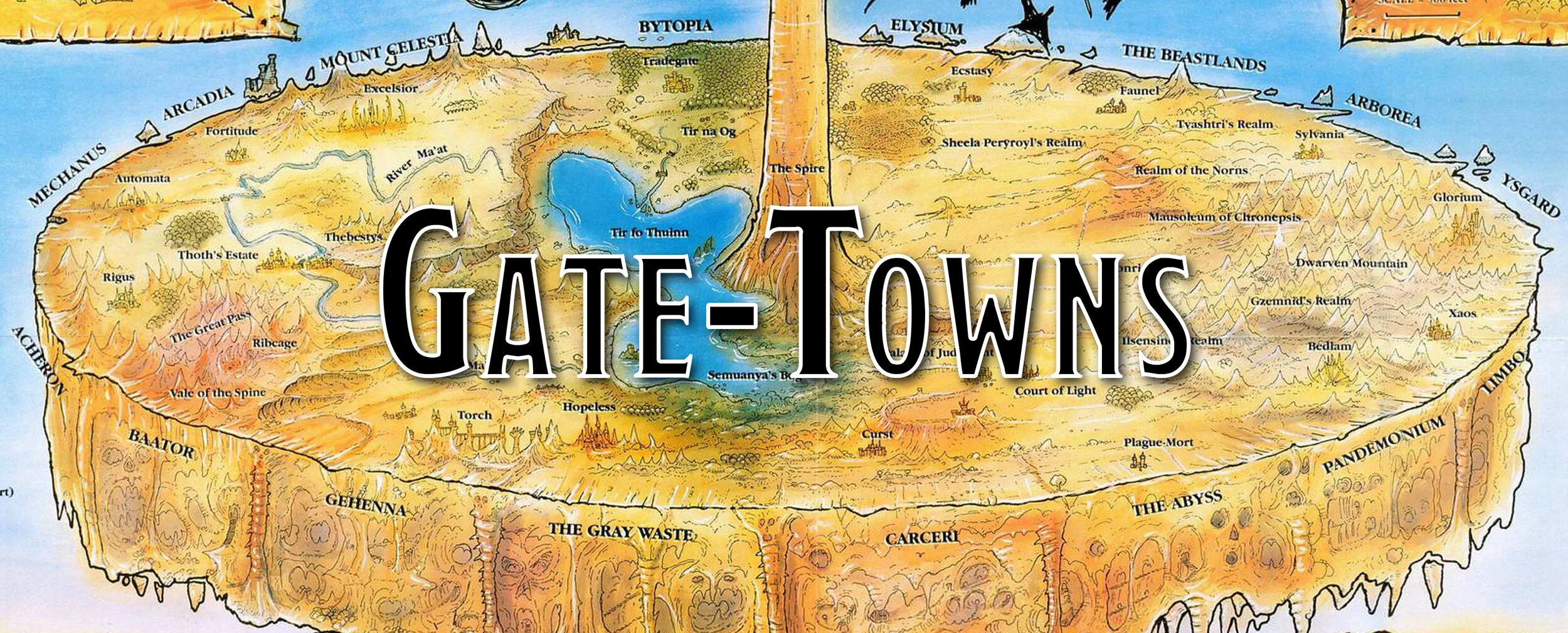Guide to World Building - Conceptualizing
One of my favorite hobbies is to world build, not because I think anyone is ever going to care about obscure locations in my world, but because I get a lot of pleasure from it. It’s exciting imagining a world shaped by magic, by forces of good and evil, and by heroes who become as powerful as the gods themselves. This isn’t the definitive way of building your very own world, but it’s how I’ve done it and I hope it can be of use to you.
Before we begin, I want to repeat a quote from Mark Twain that I feel is important to remember when it comes to, not just world-building but creating.
What a good thing Adam had--when he said a good thing, he knew nobody had said it before.
- Mark Twain's Notebook
What’s important to take from that sentence is that original ideas are not as original as you think. Mark Twain struggled with the fact that originality was a scarce resource, that original ideas were never original. All we can do as creators is to borrow ideas, change the wrapping they come in, and present our ideas to the world. Don’t get hung up trying to find pure, original ideas, you’ll only drive yourself insane.
Conceptualization
The first step in world-building is the focus of this post and it is about conceptualization. When trying to determine the world you are making, you have to decide on several key things before the work of building can begin. I’ll be using my world of Talia as an example, and as a way to offer insights into this process.
To begin the conceptualizing process, there are a few questions to mull over. Once we answer these questions, then we can begin creating the world.
What is your world’s theme?
To what extent is your world magical?
To what extent is your world technological?
What inspirations promote your world?
Theme
Before all else, we must decide on the theme our world is going to be in. Adventures that involve lasers and death stars will feel wholly out of place if a world’s theme is stonepunk or steampunk. Though that isn’t to say it can’t be done, it would be a special circumstance that will typically have little to do with the actual world-building. If you are building a world for a game, like Dungeons & Dragons or Cyberpunk, your theme might be pre-determined and assumed by the system you run.
Cyberpunk wouldn’t work well in pre-historic times, just as Dungeons & Dragons wouldn’t be appropriate for a world of technological wonders and gritty realism. Though that isn’t to say that the game systems couldn’t be adjusted for that theme, but that requires an immense amount of work on the GM’s part and is something we aren’t going to be considering in this.
In addition, don’t feel confined to a single theme. Spelljammers is a space-opera with elements of sword & sorcery, an odd mix of themes that can bring something fresh to the game table. A few themes, though not an exhaustive list, to think about include:
Apocalypse / Some cataclysmic event has ended civilization and this theme is focused on surviving the harsh world that is left behind.
Dystopia & Utopia / A world might be perfect, or if you scratch beneath the surface, it is run by foul creatures who hold all others in chains.
Fantasy / A theme with a focus on folklore and myths, often set in the past though it can be augmented by other genres to take place in any time period. Magic is not a given in this theme, though it may include it in a variety of ways.
Horror / Grim and dark, this theme is focused on the unknown and the fears that surround it. This includes eldritch beings, like Cthulu, and it may be combined with fantasy to create gothic horrors like vampires.
Nature / Your world might struggle against nature itself or have learned to live with it. A solarpunk theme is a society that lives with nature, while a dystopian world may have given up completely on nature.
Punk Punk / This theme revolves around a world focused on, typically, a single style of technology that is used throughout everything in the world. Steampunk, Magicpunk, Stonepunk, Cyberpunk, and Solarpunk are some of the better-known versions of this theme, though there are dozens more that can be combined with other themes to make something unique.
Science Fiction / This theme focuses on technology and science, often including elements of time, space travel, extraterrestrial life, and explorations of humanity and machines.
Sword & Sorcery / Often considered to be the default theme for Dungeons & Dragons, this combines fantasy and magic with a faux-middle ages technology on it. Mythical creatures wage their endless wars against kings and adventurers, and magic courses through the world, able to be harnessed by those able.
Time / While not a specific theme by itself, this can help decide what technology is and isn’t available in your world. This could include future tech or only stone tech, limiting what tools the inhabitants have available to them. This might help decide whether you are building a science-fantasy world or a sword & sorcery world.
The world of Talia combines the genres of sword & sorcery, fantasy, and magicpunk to create a world on the verge of a technological revolution fueled by magic.
Magic
To what extent does magic exist in your world? It may be so prevalent that commoners can cast a few simple spells or it may be so obscure that only the gods, if there are any, are the only ones to wield such power. Magic is an important tool to use in any world, it can cover up any number of flaws when it comes to world-building, but if used too often it can become a crutch. If every landmark in the world was created by magic, it loses its power and air of mystery, though some worlds may benefit from such an intense and scientific look at magic.
When building your world, magic could play an important part or no part at all. There may only be ghosts in the machine, untouchable and unnoticed by the common man, while in other worlds magic can be in full view for all to practice and summon at their fingertips. When building your world, consider a few ways magic could influence it.
High Magic / These worlds ooze with magic and it is common for just about anyone to have some access to magic. It may not be that everyone can cast a spell, but that everyone has the potential to run to a magic shop and buy a potion or buy the services from a wizard or cleric.
Mid Magic / While magic is prevalent, it is restricted to those who have learned their mysteries through intense study. A large city may have several wizards within their confines, while a village may have elders that remember the one time a cleric walked their streets and healed some of their sick.
Low Magic / It might be unheard of except in the most elite realms with commoners thinking magic isn’t real or simply used as stories to scare children. Magic in this world is incredibly hard to come by, and those that can cast magic are seen as gods by others.
Extremes / Going in either direction to an extreme extent, it could be that magic becomes a common commodity to be bought and sold like foodstuffs. It might appear in all manner of technology and everyone is born with an innate control of it. Then again, in the opposite direction, magic may be so rare that no one believes in it and that only a handful at any one time may wield it. It could be no one has actual control of magic and those that cast a spell once may never do so again in their life as it is magically granted to them once by a god.
Hidden or Visible / Maybe magic is prevalent in your world, but it is hidden from the masses. It could be easy and simple to come by but is so well hidden from the world that everyone believes that it isn’t real. The visibility of magic could be an important topic for your world, and that making it visible to the world could have devastating effects.
Talia is highly magical and its magic is visible to the whole world. It is used in a wide variety of ways, and while the common folk might have limited access to it, it is used in large quantities to help cities and nations grow.
Technological
Science could play a large part in your world, or be seen as magical as magic is itself. Your world could have some understanding of technology, at least enough to forge armor and weapons wielded by knights who fight dragons, or it could take place in a post-futuristic society where only devastation remains and the survivors treat technology as magic, having no understanding themselves of how it works.
Technology helps shape everything about a society, what they value, what they wear, how they fight, and even what they fight against. A society with no technology won’t fight against robots, but a futuristic dystopian might. Deciding how much technology in your world can be as simple as finding an era in our world, if your world happens to be behind us in terms of science and understanding, or it might exceed our world’s understanding. When determining technology, consider how technology exists along with magic, and how it has shaped the lives who use it.
Future Technology / Marvels that exceed our current understandings, flying cars, faster than light travel, lasers, robots, rampant AI, and more could be the hallmarks of your world. Mixing magic could create unique worlds that stretch the possibilities of what science can accomplish.
Modern Technology / Modern conveniences such as the internet, advanced medicines, and computers make it so that people who use technology live longer, have greater access to education, and can get answers to most questions they may have. Depending on the magic in your world, technology could be augmented by magic, maybe completely dependent on it to function, or could be treated as rumors and hearsay.
Revolutionary Technology / Factories, firearms, and invention are the hallmarks of this age. Technology could be fueled by magic, allowing great machines housed in large warehouses to produce products instead of having everything made by artisans and guilds. This type of technology is often highly distrusted by the common folk who see this productivity destroying their jobs and is the start of long labors doing the same task over and over for little pay.
Early Technology / Knights on horses charge forward with swords crafted by blacksmiths who learned their techniques from mentors. Technology is limited and everything is made by specialized individuals who have spent their life working on a task. Knowledge is limited to the upper class who are the few who have access to books and it can be difficult for the lower classes to distinguish magic from science.
Low Technology / This world may have nothing beyond crafting with stone and bone. Forges and crafting are beyond most and knowledge is held by very few with even the elites having little understanding of how the natural world functions. Magic is blamed for most problems, even those created by the natural world like earthquakes or weather.
Talia is at the beginnings of a technological revolution where the cities are starting to create factories fueled by magic. Science is limited, as only through magic can one truly understand how the world works. Technology is limited to cities while the surrounding small villages still rely on specialized artisans to produce their goods, though even that is coming to an end as cities grow larger and larger.
Inspirations
No matter what world you are trying to create, there are similar worlds and themes that you can draw inspiration from. Inspiration is important for whenever you come across an area you aren’t sure how it fits in your world. Inspiration also provides sources for you to borrow from, allowing you to create new ideas out of what has come before you.
Plunge yourself in inspiration, expose yourself to a wide body of work, and it doesn’t need to be tied only to a specific theme or genre. You can take inspiration from a zombie movie to help you create your neo-lithic world just as you can take inspiration from the stories of King Arthur in a cyberpunk world. Inspiration can be found everywhere, from movies to books, and from video games to historic myths.
Different cultures and parts of your world may be inspired by different sources, and just because one nation has limited magic, doesn’t mean a land across the oceans can’t be more gifted in its use.
Talia is inspired by the industrial revolution, by the Age of Sail, and Age of Exploration. I’ve drawn inspiration from the 80’s fantasy novels of Dragonlance and the Dragon Riders of Pern, as well as from science fiction novels written by Ray Bradbury and others. Elements from across the world influence the cultures found in Talia, with a special focus on Europe and the surrounding regions.
Combining It All
Now that we have conceptualized what the world is like, we can combine that into a few sentences to mull over as we begin work on building the world. These sentences should help define what areas you focus on in your world, as you can’t focus on everything. This can also help inspire others who might be creating characters that exist in your world, or who can help give you ideas for your world.
Talia is a world on the verge of a technological revolution powered by powerful magic. Burgeoning corporations and magic threaten to destroy the natural world and only brave adventurers dare travel outside the spots of civilization where monsters lurk.
What’s Next
Now that we have our concept, we can then start beginning on the actual building of the world. We will have to decide how we want to start building, either from top to bottom or from small to large. Once we begin building, our concepts for our world might change. I originally thought of building Talia as a fantasy world with technology similar to our Middle Ages, but that idea has morphed and grown so that it now exists in a world with technology powered by magic, where corporations have as much control as kings. Your idea for your world could morph and change like mine, or maybe you have such a firm grasp of what your world is, your concept remains the same.
Like what we are doing here?
Support us on Patreon!
You’ll get early access to deep dives, our Homebrew Hoard, monster stat blocks and more!
Follow us on Twitter to keep up to date on everything we talk about!


